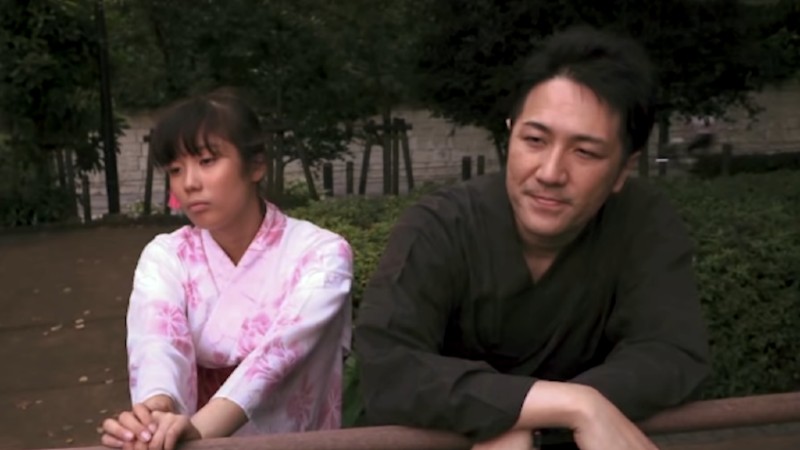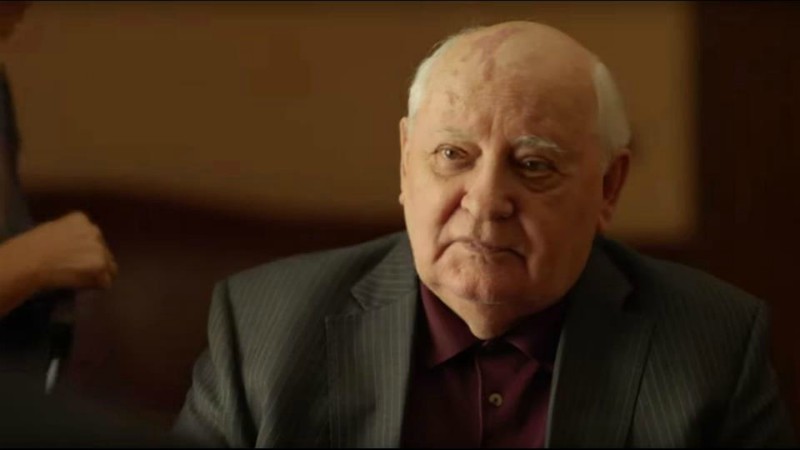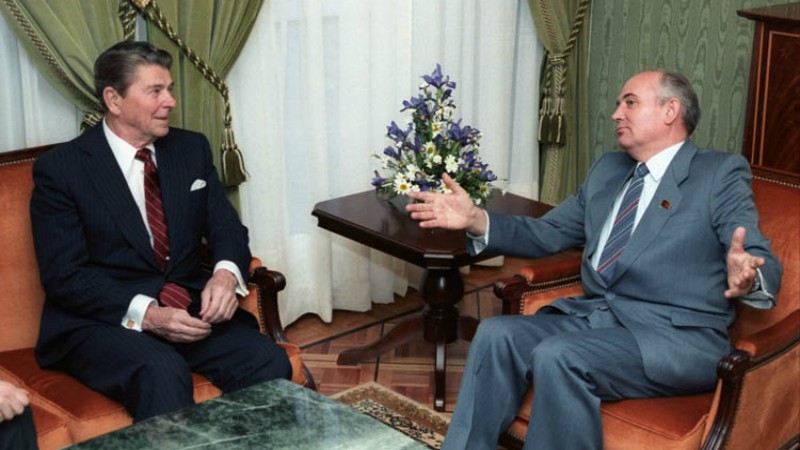QUICK AND DIRTY: LIVE FROM TRANSYLVANIA
The 80-year-old German director narrates his very personal journey into the human brain with his own deep, laborious and distinctive voice. Despite talking to an array of approximately 20 scientists, almost all of them based in the US, it is the commentary and the questions raised by Herzog that prevail, and provide the backbone to this very formal documentary. Don’t expect an inventive and provocative piece of filmmaking. Theatre of Thought is a highly unimaginative film (oh, the sweet irony!)
Herzog has firmly moved away from auteur territory into far more conventional, journalistic documentary area. His previous docs had a punch-in-the-face factor, particularly Grizzly Man (2005, about a bear-enthusiast-turned-bear-food) and Into the Abyss (2011, about a death row inmate about to be executed), leaving viewers feeling disoriented and questioning their most dear values and principles. Theatre of Thought consists of a collage of talking heads interviews (about two thirds of the movie) with the director’s philosophical and epistemological ramblings about the nature of life, death and the human brain. It is neither particularly distinctive nor impactful.
The director remains behind the camera virtually the entire film (except for one brief moment). He often talks over his interviewees in voice-over format, particularly when they get very technical. He jokes about being clueless when an engineer gives him a very basic lesson of quantum mechanics. He asks a smell expert to talk about music instead, before providing the man with his own theory of everything. He tries to get a little technical, a little humorous and even a little poetic, but he never entirely succeeds at any of these. He interviews a scientist inside the projection room of a San Francisco cinema that has his picture hanging in the foyer, trying to draw some clunky comparison between the seventh art and our brain’s ability to store information. He questions whether brain scanners will eventually anticipate what his next film will be before he has even conceived it. At times, the jokes and the considerations are shallow and puerile. He wonders whether fish see the plants in front of them in white. No idea where such profound reflection came from.
The camera often captures extensive moments of awkward silence either immediately after or immediately before interviewees begin to speak. This is an interesting device used in order to elicit spontaneous reactions from interviewees, something Herzog has done before in many of his films (particularly seven years ago in Lo and Behold, also a movie about the strange relationship between technology and behaviour)
Aesthetically, Theatre of Thought is a very austere movie. There are no special effects, no glitzy gimmicks, no clever montages. Even the b-roll (pictures used in order to illustrate what interviewees say) are basic images that the director captured during the interaction (such as the interviewee pointing to something in his own computer). There are some very strange jump cuts mid-interview.
Despite its didactic tone, Theatre of Thought offers viewers no major takeaway. This is a not a highly educational movie. There are some interesting insights into brain-operated prosthetics, and the director does raise some pertinent questions about ethics and negative rights towards the end of the film, but that’s about it. There’s nothing particularly novel and groundbreaking, plus the narrative isn’t well structured. Neither a movie that will stay with you for a long time nor one that will add much to the German filmmaker’s impressive cinematography.
Theatre of Thought just showed at the 22nd Transylvania International Film Festival, which takes place at Cluj Napoca. DMovies is in loco uncovering the dirt exclusively for you.











